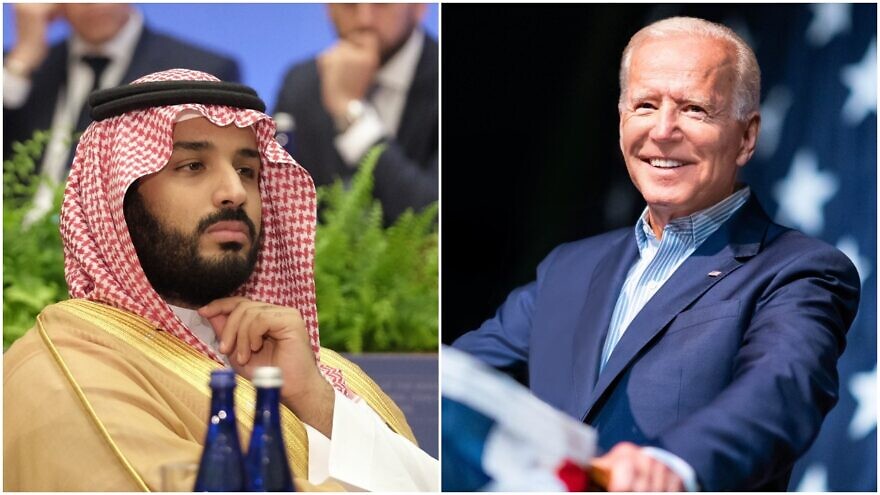The White House is pressing for an Israeli-Saudi peace deal in the next six months before U.S. President Joe Biden goes into full campaign mode, Axios reported, citing two U.S. officials.
U.S. National Security Advisor Jake Sullivan met with Saudi Crown Prince Mohammed bin Salman in Jeddah on May 7.
Sullivan told MBS that the United States sees an opportunity for an Israeli-Saudi deal by the end of the year.
The prince reportedly said he wants to shift from incremental steps to one big package that would include stronger U.S. military cooperation.
The U.S. officials argued it is in Saudi Arabia’s interest to forge an agreement while Biden is in office as it would receive bipartisan support. While Republicans support a Saudi deal, many Democrats would only do so if an agreement is made under their party’s president, the American officials claimed.
Brett McGurk, the National Security Council coordinator for the Middle East and North Africa; and Amos Hochstein, special presidential coordinator for global infrastructure and energy security, who participated in the talks in Saudi Arabia, met with Netanyahu, Strategic Affairs Minister Ron Dermer and head of the National Security Council Tzachi Hanegbi.
Israel officials said they were encouraged by remarks Sullivan made on May 4 at the Washington Institute for Near East Policy think tank.
“We have the interest and bandwidth to promote normalization between Israel and Saudi Arabia, and in fact, it’s this administration that has produced the first tangible step of these two countries coming close together with the opening of the airspace over Saudi Arabia for civilian flights from Israel,” Sullivan said.
“As a sign of my seriousness about how much we are focused on this and how seriously we are taking this, I’m not going to say anything further lest I upset the efforts we are undertaking on this issue,” he added.
Netanyahu has repeatedly said he is eager to bring Saudi Arabia into the Abraham Accords.
“Obviously, the next step could be not just another country but a quantum leap in expanding the circle of peace, and I’m talking, of course, about peace with Saudi Arabia,” Netanyahu told the National Leadership Mission of the Conference of Presidents of Major American Jewish Organizations in Jerusalem in February.
“I think that if we can achieve this, maybe through gradual steps, maybe it will take some normalization steps. It will change Israel’s relationship with the rest of the Arab world,” he continued. “It will lead to the effective ending of the Israeli-Arab conflict—not the Israeli-Palestinian conflict [but] the Israeli-Arab conflict, and will also help normalize Israel’s relationship with a great part of the Muslim world.”


























